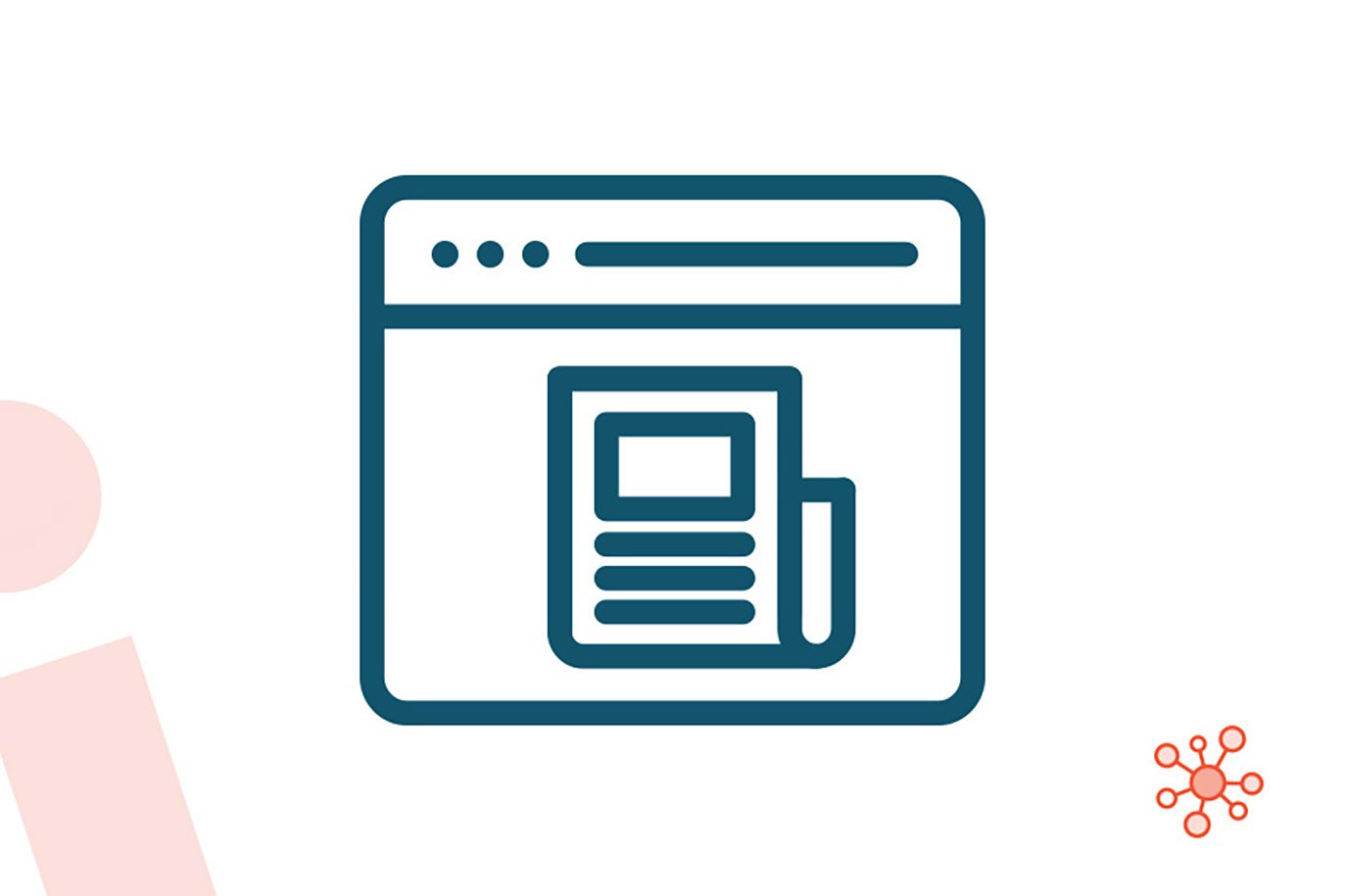
Since the beginning of the pandemic, there has been a wealth of information posted on the Web, some of which may have appeared in your newsfeed. These news articles are often disturbing but not always true. But how can you know for sure?
You may need to ask yourself a few questions before forming views on a recently read article, such as:
The first thing to check is the editor – where the news is coming from. Is it from a known media? Is it a parody of a known media or celebrity? If it is not a credible media source, chances are this piece is biased or not viable.
A well-written article is a sign that the text was reviewed, proofread and validated. A poorly written article will raise flags.
By checking the date, you can validate if the content is relevant to the context. An article or a video dating from before the events cannot be regarded as valid in the present, especially in a context where the situation is rapidly evolving.
A trustworthy article will have quotes from leading experts. Otherwise, the article may be challenged. If the piece has quotes, are they from real experts? Is the person a subject matter expert? For example, a celebrity having their say on a scientific subject would not be regarded as an authority on the subject. If you have any doubts, take the information with a grain of salt.
If other credible media are publishing the same content, you can most likely trust it. Otherwise, be wary.
Snopes helps you untangle the truth with its fact-checking site, right here:
-> https://www.snopes.com/.
Simply type your keyword in the search field to put your doubts to rest.
It is not always easy to distinguish what’s true and what isn’t, but hopefully these avenues of reflection will help you navigate through the noise on the Internet.
Need to talk?
Contact our Caregiver Support Helpline for counselling, information and referrals.
Monday to Friday from 8 a.m. to 6 p.m.
Free of charge.